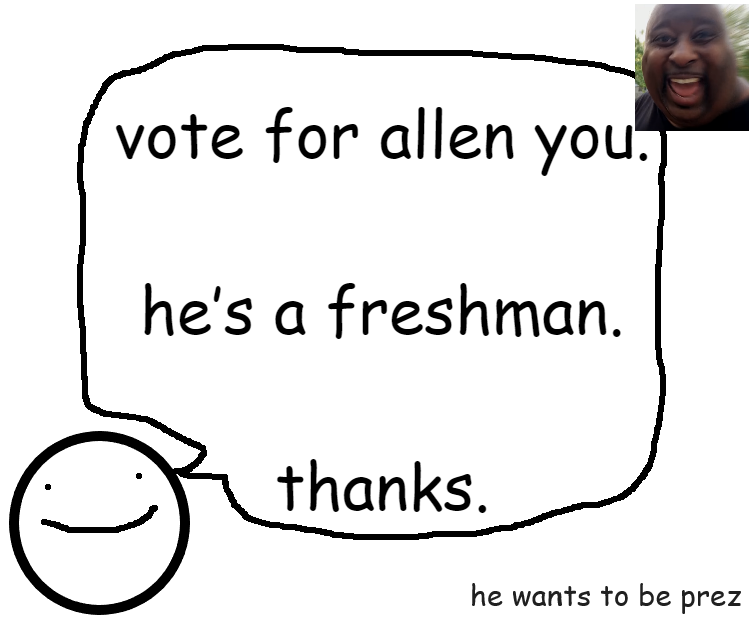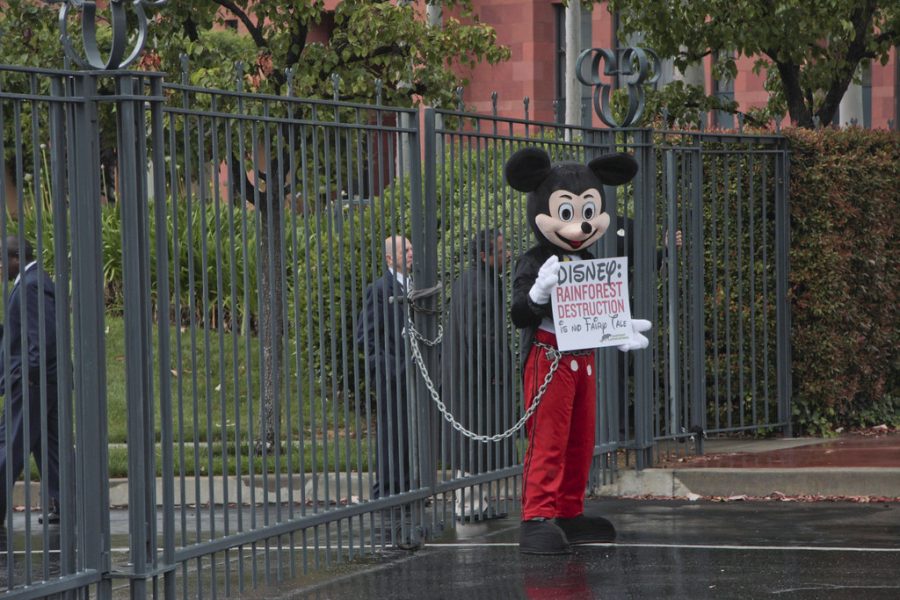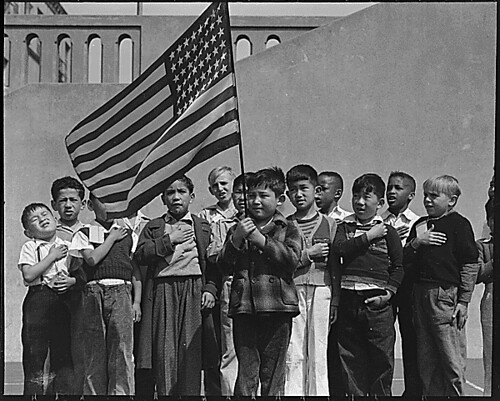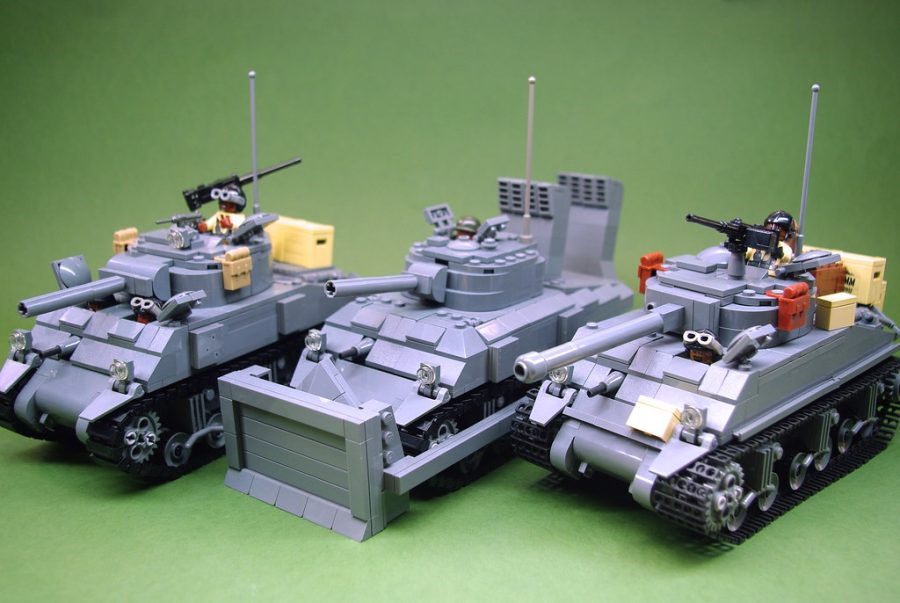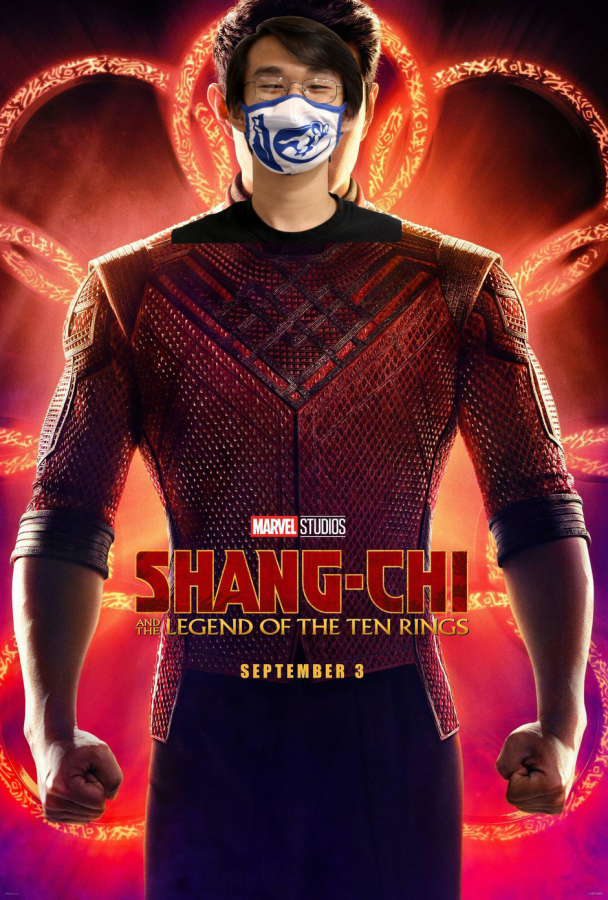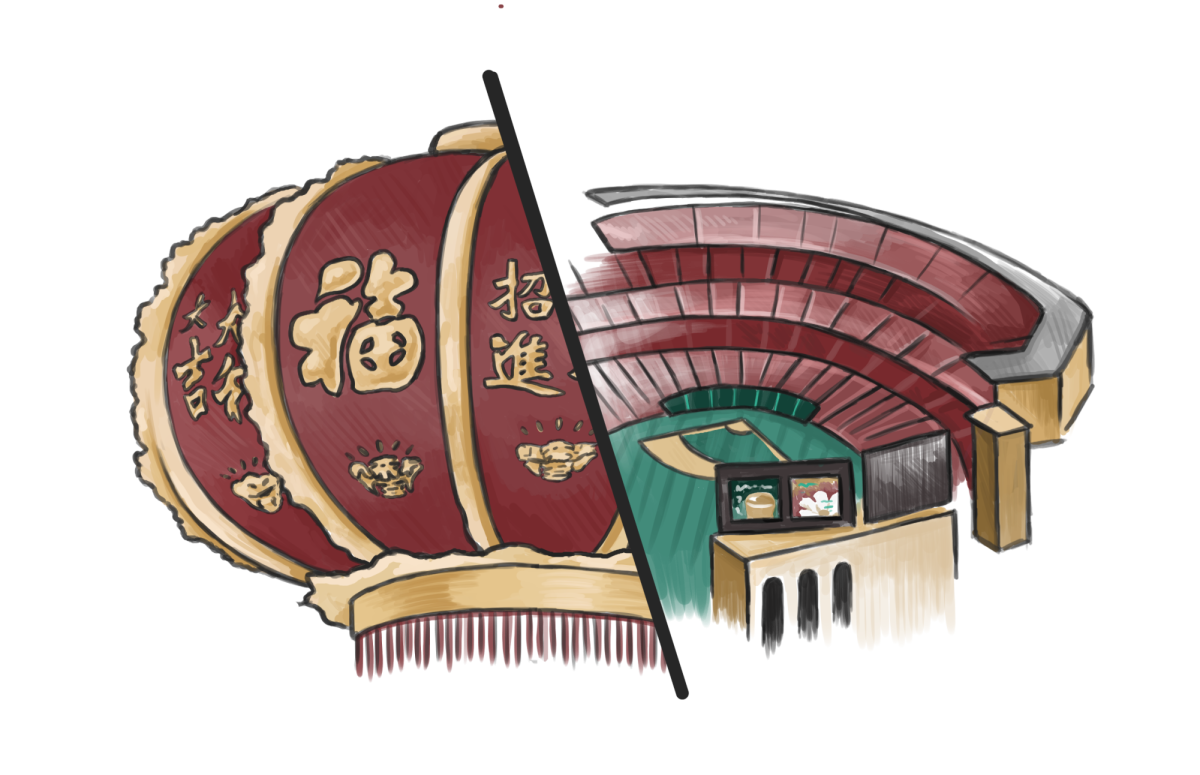I hate leaving things unfinished.
I know I said that part two was purposefully going to end on a cliffhanger so I could meet my deadlines. As such, part two went up completely unaware of the results of the election. This meant I wouldn’t get to react to it in the original column, which I reasoned late at night wasn’t a big deal, and I published it anyway. Then I realized the next day after it was published that it was a big deal, especially for a story all about the results of the election. Since I can’t just unpublish the original, I decided to publish an extra column. So here is part two and a half where I add to Tuesday’s analysis and introduce a Wednesday and Friday analysis. Enjoy.
Tuesday, Sept. 21
I hate suspense.
I remember watching Silence of the Lambs when I was younger. It was a good movie, but the part at the end where the — how do I put it — flat psycho, Bill, chases the movie’s protagonist, Clarice, was unbearable to watch. So I did what any human who didn’t need added stress would do: I fast-forwarded the movie. And I enjoyed it without the added suspense of the chase scene.
Sometimes, I wish I had a remote control for life, where I didn’t need to experience the quaking emotion that is suspense and instead blissfully fast-forward through time. Especially for this year’s junior class elections.
Now don’t get me wrong, the junior class elections aren’t suspenseful to the point where I can’t live with myself as I await the results. I just see no reason to wait. I want to see who won. It’s so tedious to vote once, wait a day, find out the top two candidates for each position, wait another few days, vote again and finally arrive at the ultimate result, which is less epic than it seems.
While I seriously doubt all this was done simply to build suspense, I’m always looking for better ways to expedite this criminally long voting process. The problem lies in the single-choice voting system, where everyone selects only their favorite candidate. It’s particularly problematic not only because it takes long to arrive at a definitive winner (due to primaries causing multiple elections), but also because “definitive” results with single-choice voting are not actually trustworthy (think of Al Gore in 2000).
Alternative to the single-choice voting system is ranked-choice voting, where each person ranks each candidate in order of preference (first, second, third and so on). Time Magazine writes that a ranked-choice voting system decides a winner as such:
“The candidate with the majority (more than 50%) of first-choice votes wins outright. If no candidate gets a majority of first-choice votes, then it triggers a new counting process. The candidate who did the worst is eliminated, and that candidate’s voters’ ballots are redistributed to their second-choice pick. In other words, if you ranked a losing candidate as your first choice, and the candidate is eliminated, then your vote still counts: it just moves to your second-choice candidate. That process continues until there is a candidate who has the majority of votes.”
What was described above is a type of ranked-choice voting called instant run-off, which is used for single winner elections like Senate seats or junior class presidents. Which is still kind of confusing, but trust me when I say it works to get rid of the nasty “third-party” or “spoiler” effect, where a smaller candidate splits votes with a larger candidate of similar appeal, thereby subtracting the vote total from the larger candidate and contributing to a potential loss of the larger candidate.
To explain this, imagine this hypothetical scenario. Let’s say John and I both really liked the color green. 160 of the 300 juniors like green while the other 140 like the color blue. John’s way more popular than me, so he gets 130 votes, while I only get 30 votes. But Jim is running against the both of us and he likes blue, so he gets the rest of the 140 votes. If I wasn’t running, everybody who voted for me would’ve voted for John instead, allowing him to be the clear victor. But since I’m running as a less popular “spoiler” candidate, I split a fraction of the green voters with John because we’re appealing to the same demographic.
On paper, because liking green is the majority, a green candidate should be elected. But since I sapped votes from John’s vote count by campaigning to the same people as he was, a blue candidate was elected instead.
In a ranked-choice voting system, voters can make me their first choice, John their second and Jim their third, eliminating the all-or-nothingness of single choice voting. John would’ve won because I would’ve been eliminated from the race as the last-place finisher and anybody who put me on their ballot would have my name scratched off. As a result, anyone who put me as their first choice and John as their second would have their vote redistributed to John in the new counting process, giving him the simple majority.
Essentially, if your first choice candidate falls to last place, your vote is given to the next candidate you ranked. And if that next candidate is then eliminated, then the next candidate after them is your vote. So on and so forth until we have a candidate that has more than 50% of the votes. Voters only fill out one ballot, but the victor is decided based on multiple run-off elections that use the voters’ ranked choices.
Democracy is a complicated process because choosing winners and losers isn’t black and white. Single-choice voting was the accepted norm for a long, long time. But alternatives to the systems of old are making their breakthroughs. Many places, like Maine, New York, Australia and New Zealand have scrapped the old single-choice system for ranked-choice voting. And strong advocates to end single-choice voting nationwide have emerged.
And who knows what could’ve been if we had ranked-choice voting at Ladue. Especially with the multitude of candidates running in each position (like the eight secretary candidates), the single-choice system likely fails to capture who’s actually the most popular candidate of their respective role. Ranked-choice would’ve made the election faster, more fair and more representative of the student body’s opinion.
In conclusion, I love the color green.
Wednesday, Sept. 22
I hate Ram Days.
I grew up reading this book series called Big Nate that was about this average-sized guy named Nate. Nate really hates school, especially his teacher Ms. Godfrey. One day he comes to school carrying a gigantic rock and Ms. Godfrey demands to know why he’s carrying a gigantic rock.
Nate explains that because his backpack is so heavy on his back, he needed a counterweight to make sure he could remain upright, otherwise he would fall over. Ms. Godfrey, not understanding physics, tells Nate to put the rock down. Nate drops the rock on Ms. Godfrey’s foot and she yelps in pain. Then Nate falls backwards and lands on his comically large backpack, remaining there because the backpack is so heavy that it’s preventing him from being able to stand back up. He then gets in trouble.
9-year-old me really enjoyed that joke, which is why it stuck around in my mind for so long. But every Ram Day we have, that comic strip reappears in my head as I hike around school with an enormous amount of school supplies on my back, desperately in need of a counterweight. My frail, developing teenage body cannot take the stress of a Ram Day on my mental health nor my physical health.
Just about everyone I know hates Ram Days for various reasons. Every class seemingly assigns homework on Ram Days and there are too many classes in a single day to actually pay attention to any one of them. If I were campaigning for president, I’d commit to the abolition of the Ram Day.
“No more shoulder pain,” I’d say. “No more nights purely spent doing homework. Under the Allen You administration, you will have free time.”
The crowd goes wild.
The emotional market of irritated teenagers is an untapped one. The combined aggravation towards Ram Days could topple this entire school, if not at least gain some consideration for the cause. It’s not even limited to Ram Days: mental health, College Board, cellular data dead zones and so much more are universal grievances at Ladue. And yet, it seems students have such little power to do anything about it even though it’s clear we want to. So we either find ways around the rules and obstacles to our happiness or we just deal with it and cope later.
It feels like StuCo is in the prime position to do something about everything we hate about Ladue. But looking at it plainly, StuCo is a bunch of elected students and a handful of teachers loosely tied to the administration. Their power is limited, to say the least.
The blame, in my opinion, is uneven. We could sit around and point fingers at StuCo for their silence, even though they’re trying hard. More effective, though, is shifting our attention to the administration, who have good intentions but just haven’t been high schoolers in a while.
I make fun of the elections, StuCo and all its ridiculousness, but the serious conversation to be had is top-down with the people who have decision-making abilities. StuCo could shout as loud as Jeremy Ouyang, but if the administration closes its ears, there’s no point. We are stagnant as long as they are stubborn. And then we find ourselves right at the beginning, admitting the pointlessness of it all. The elections, campaigns and outcomes all become lines on college apps, empty titles and tools of appeasement to maintain the status quo.
Let’s give StuCo some power in this school. Let’s not let StuCo be a laughing stock of inaction. Let’s elect leaders who are running for a reason better than irony or college apps.
The problem with StuCo isn’t carelessness. It’s navigating the bureaucracy that is our education, the system behind it and rules that define it.
In conclusion, I love change.
Friday, Sept. 24
(I was going to write something yesterday, but then the elections all got postponed for some odd reason and I was tired. But I’m here today. So here we go.)
I hate St. Louis humidity.
Wednesday was officially the first day of autumn and also the first day where the weather didn’t remind me of impending climate change. Cool weather means a lot of things for me. It means I can finally sing Christmas songs, unplug the fan that has been working overtime to keep me cool in my room and go outside with a sweatshirt.
Summer was putting me in a particularly bad mood. Not because it’s summer, but because it’s St. Louis and I can’t walk outside without feeling the intense need to shower. The humidity around here is unbearable for who knows what reason. But now it’s not so sticky and I’m feeling optimistic about life.
And then I receive a notification on my phone, “James Goldwasser — Junior Class Officer Election Results.” While I really do like Mr. Goldwasser, he really could not have chosen worse timing to remind me I had to write this column. It was such a nice day outside.
I timidly unlock my phone and tap on the Gmail app. I open the email and… well, you know what happens. Congrats to the victors and well done to the opponents who certainly put effort into their campaigns. It was a well fought race by all. So to truly wrap up this column, I’ll offer some final thoughts on the election.
First, was this election surprising? No, it went about as I expected. Though what might surprise me would be the actual vote counts. I suspect all the races were rather close, but nobody can really guess. Although a lot of the races were toss-ups, none of the victories shocked me.
Second, was the election rigged? I’d say no, although you can never know, you know? Google Forms might be bugged. Can’t trust those whippersnappers at Google.
Third, for all those who didn’t win, you’ll be fine. I ran for freshman president two years ago, made really cringe campaign posters and got stomped. I got over that loss quickly once I realized that besides becoming the supreme leader of all freshmen, there were a lot of other things I had to deal with in my life. Yeah, being in StuCo is super swaggy and totally rad, but it’s ultimately unnecessary to living your life.
And finally, enjoy the weather.
In conclusion, I love autumn.
Oh, and I hate politics.


